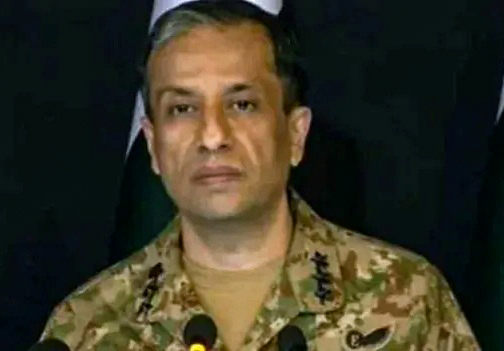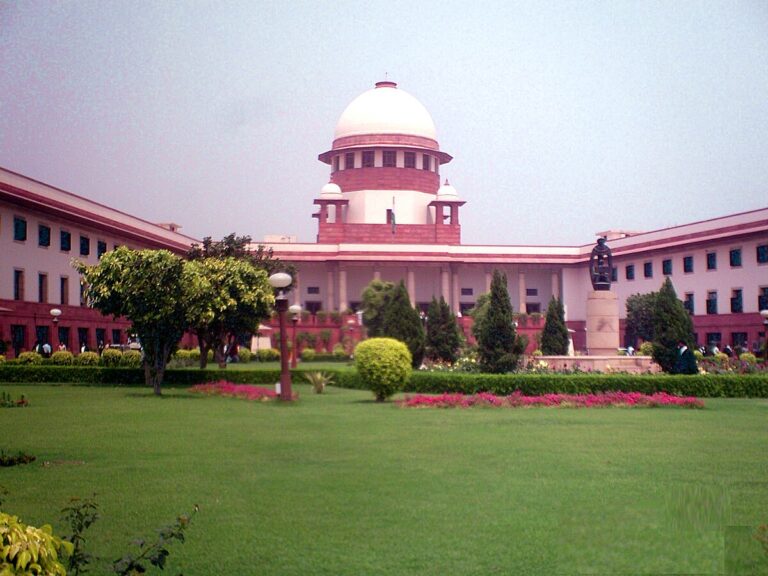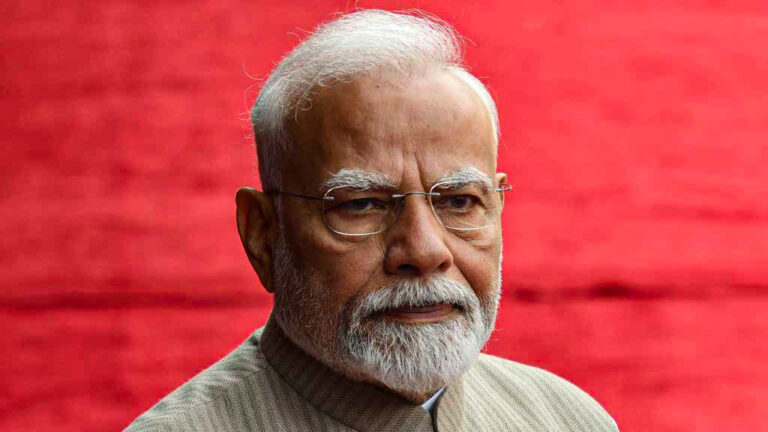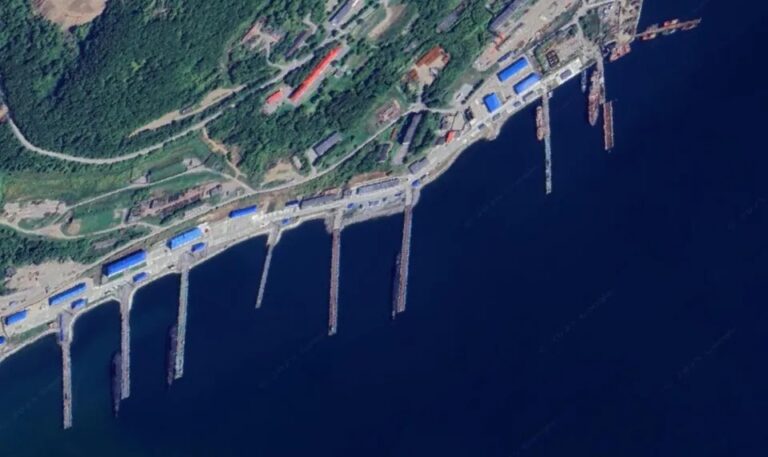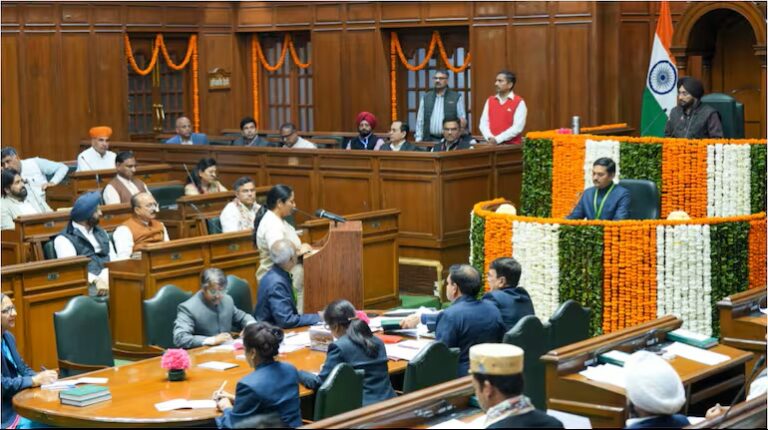
Built by Adani Ports and Special Economic Zone Ltd (APSEZ), the project is touted as India’s first deep-water dedicated container transshipment port
Prime Minister Narendra Modi formally inaugurated the Vizhinjam seaport in Kerala’s capital city of Thiruvananthapuram on Friday.
Built by Adani Ports and Special Economic Zone Ltd (APSEZ), the project is touted as India’s first deep-water dedicated container transhipment port that can significantly boost India’s presence in global shipping.
Key features of Vizhinjam seaport
Vizhinjam port is developed using a landlord model with a Public-Private Partnership (PPP) component on a design, build, finance, operate, and transfer basis.
The ₹8,867 crore project, with an annual capacity of up to 5 million TEUs, began operations last July and handled about 250 container ships so far. Sources also told Bloomberg that the project is expected to get more than ₹8,500 crore of additional investment to triple cargo handling capacity.
The port’s location is very close to international shipping lines. With a natural depth of up to 20 meters, the Vizhinjam port is exepected to host larger container ships requiring 20m+ drafts. According to Bloomberg such ships were skipping Indian ports and docked in Colombo, Dubai and Singapore.
The project can also lower shipping costs if vessels which were previously routed via Sri Lankan capital Colombo choose the port in Kerala over the island nation. The port can also act as a transshipment hub for cargo heading to major markets like the US, Europe, Africa and East Asia.
Afaq Hussain, director at New Delhi-based consultancy Bureau of Research on Industry and Economic Fundamentals, told Bloomberg that Vizhinjam port will play a key role in India’s international trade. “Given the country’s growing trade volumes with the global market, the port will play a critical role in reducing supply chain risks for Indian exports and imports,” he said.
“If full-fledged operations begin as planned by 2028–29, the facility could significantly boost cargo movement across Adani’s wider network of ports and terminals along the east and west coasts” of India, Hussain said.
